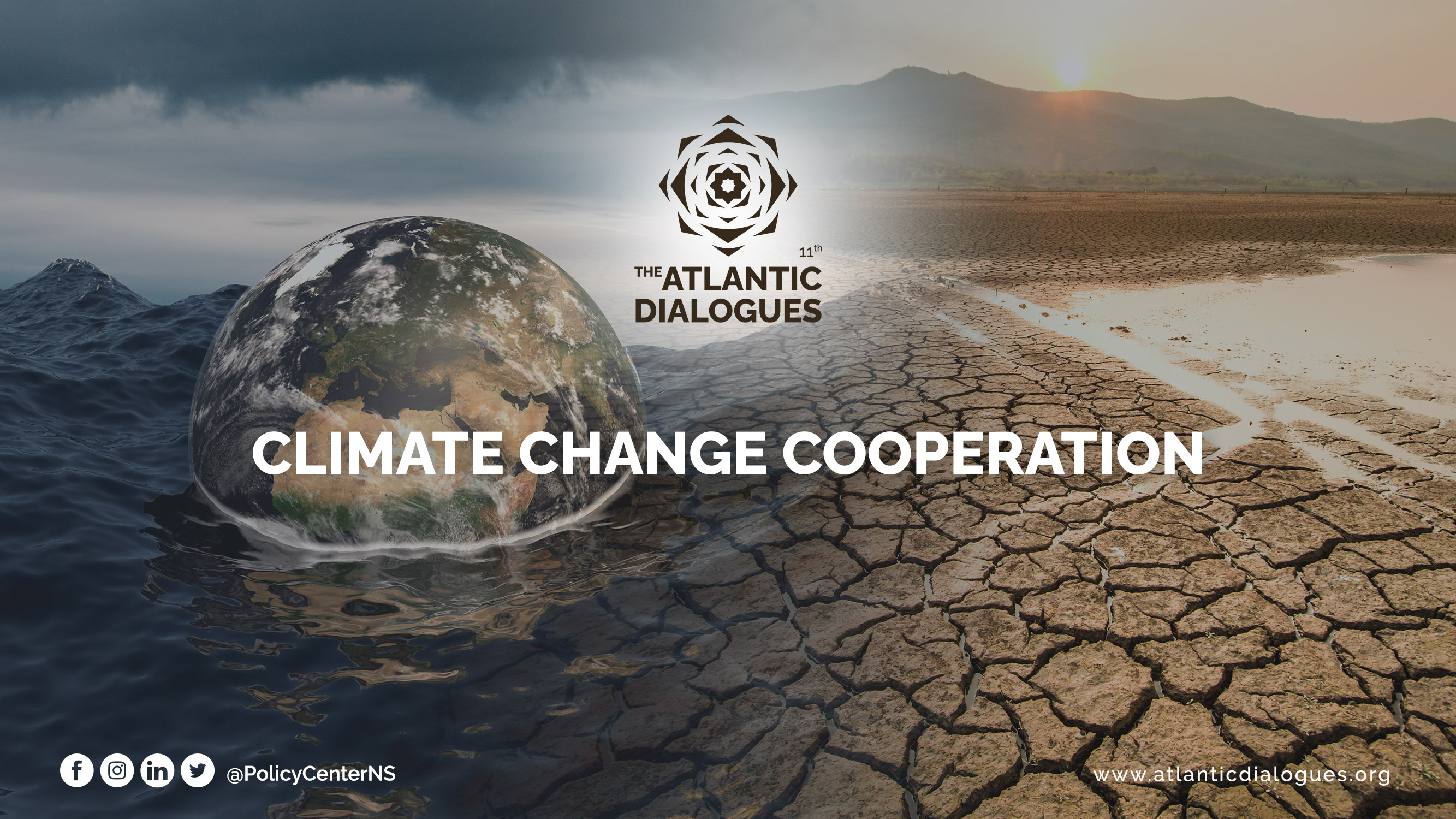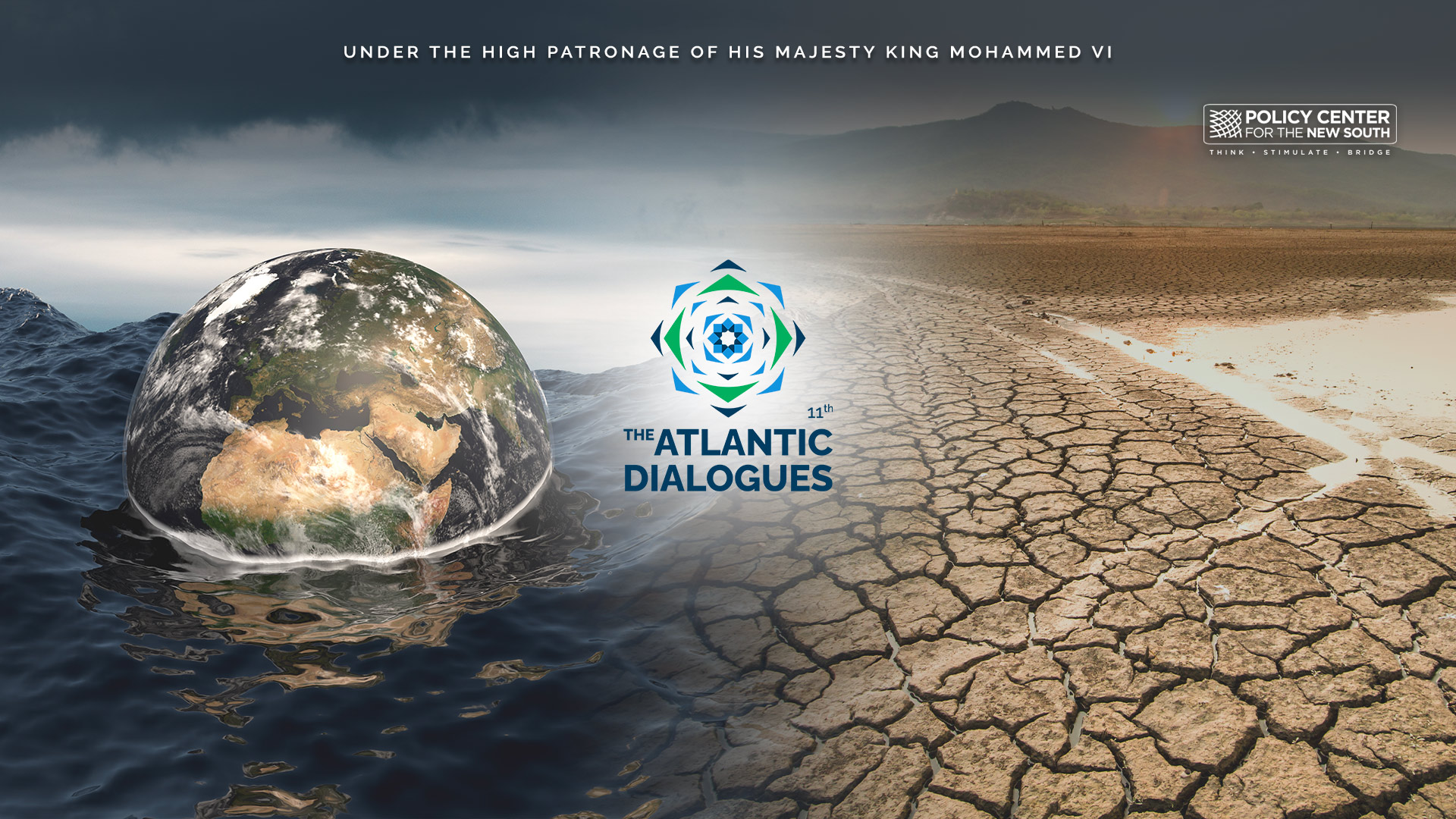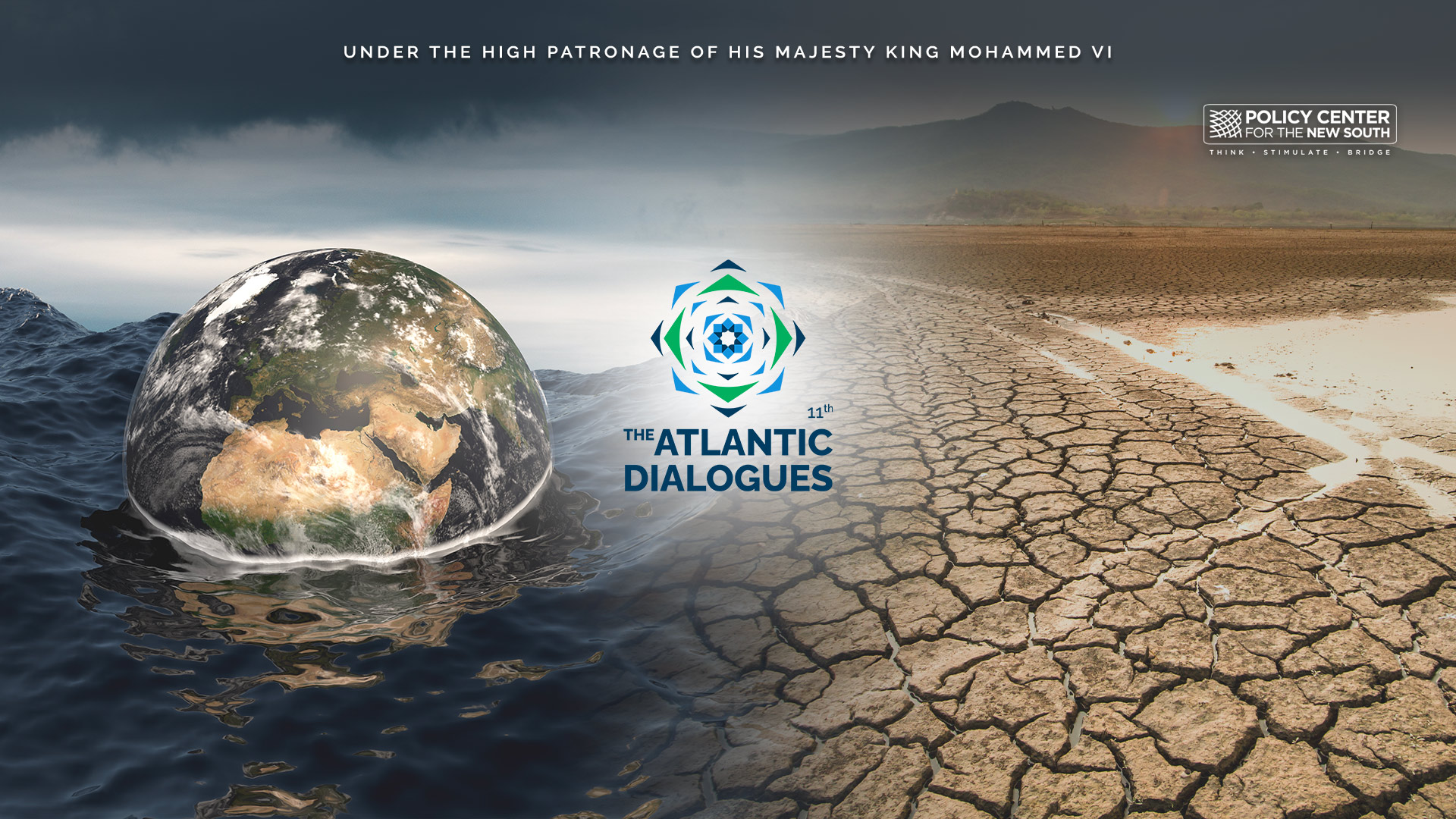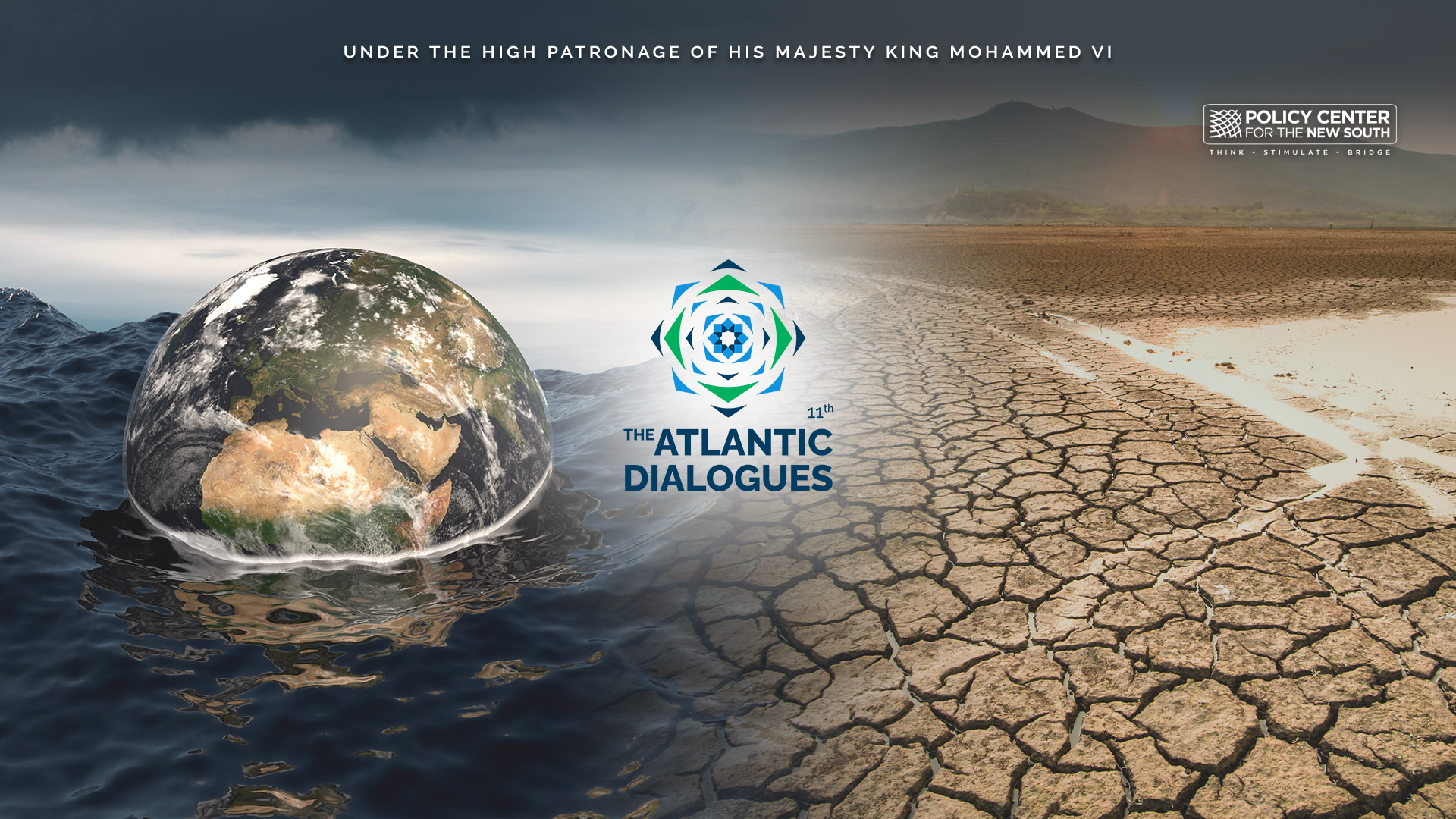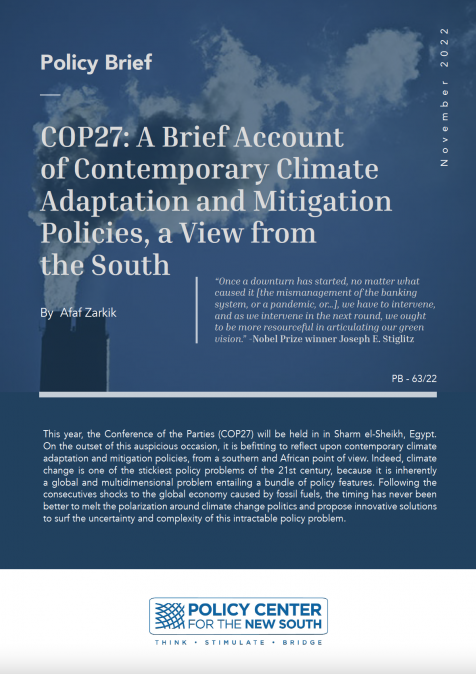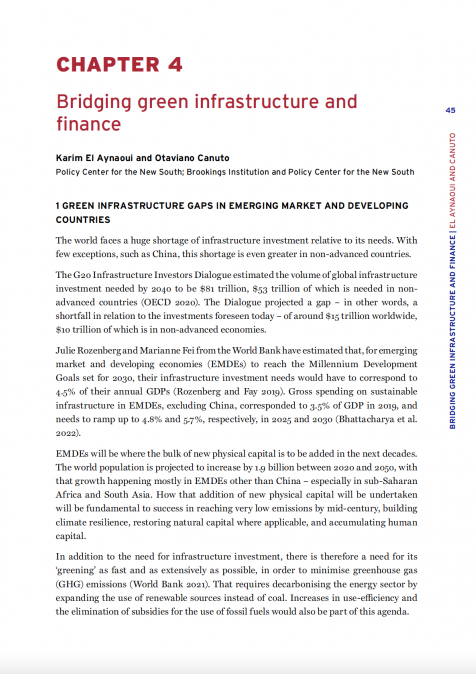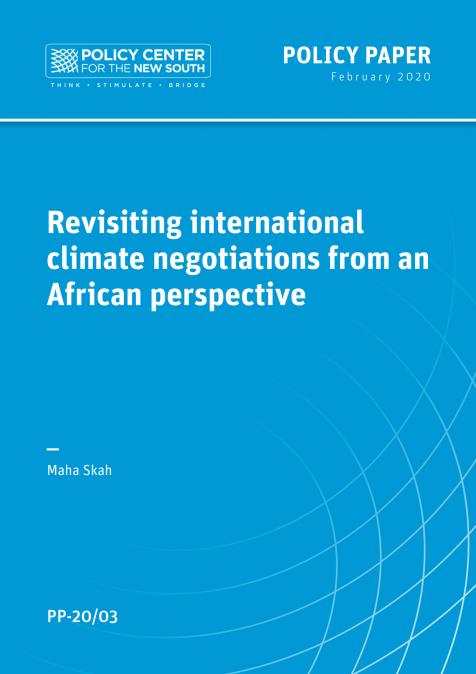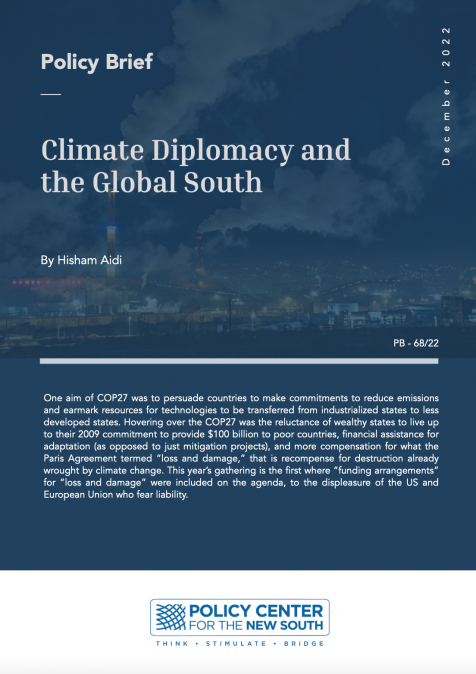An unprecedented threat to humanity, the climate crisis has been worsening for decades. Global warming is profoundly impacting the environment, the global economy, and the international peace and stability on which humanity depends. Food production, access to fresh water, and livable ambient temperatures are increasingly at risk. These crises create significant hardship and pose risks to all, but above all, to vulnerable developing countries. Today, many climate-related issues have become increasingly important areas for international cooperation, such as reducing methane emissions, building resilience to climate-related extreme weather events, prioritizing a green recovery from COVID-19, and the role of public financial institutions. However, while interests in addressing climate change may overlap, priorities often differ. In this sense, the issue of climate finance remains contentious but must be addressed to overcome lingering bottlenecks and accelerate adaptation and resilience to climate change.
- What is the current state of climate change cooperation in the Atlantic Basin?
- Will the “Loss and Damage” agreement, adopted during COP27, truly contribute to scaling up finance for climate action?
- How can countries overcome their differences to improve climate change cooperation?



